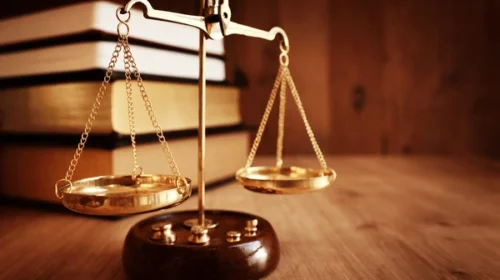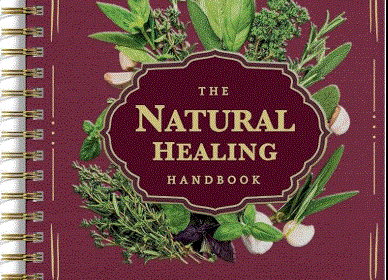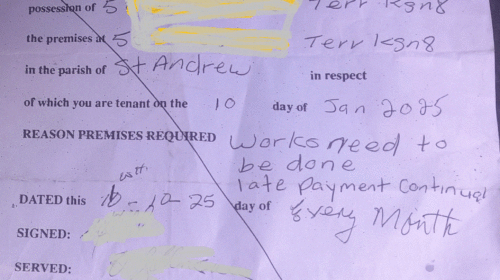For generations their has been unspoken truth concerning marijuana, many fear the unknown. That is to say, some have reservations on legalizing such an addictive plant. As for others, it will continue to be used without reserve. Is there truly a middle ground? Many may choose to differ, but the fact still remains that it will continue to be a debate worth listening too. So let’s get high on the topic at hand, no pun intended.

Let’s begin by first defining Marijuana. National Institute on Drug Abuse, 2014 states:
Marijuana-often called pot, grass, reefer, weed, herb, Mary Jane, or MJ-is a greenish-gray mixture of the dried, shredded leaves, stems, seeds, and flowers of Cannabis sativa-the hemp plant. Delta-9-tetrahydrocannabinol (THC) is the main active ingredient in marijuana, responsible for many of its known effects. The effects of smoked marijuana can last from 1 to 3 hours.

By taking the time to read multiple accounts of marijuana discussion, I have arrived at the notion, that when the government can find a way to control and tax marijuana profits, only then will it be once again a cash crop. The people have the final say in the matter at hand and will be the only glitch to that government’s vision.
Cardinale, 2014 states that marijuana has been in use in America history since 1619, when King James I, ordered every colonist to supply 100 crops to be shipped back to England and trade (para. 1). She alludes to the fact that government had no issues with the plant as long as it was profitable to the government. (White, 2014) states that in 2005, Gonzales v. Raich, was the second U.S. Supreme Court case law to uphold the right of the federal government to ban marijuana use in all states. I found it interesting that White argues that prior to regulations in the 20th century marijuana was traditionally common in medicines. This statement clearly is not the sentiment of Cardinale who argues that it was predominantly a cash crop for the government. I for one stand on the idea that marijuana can be useful if monitored and used wisely in moderation.
Both parties agree that marijuana became demonized due to the fear of the Mexican immigrants fleeing the Mexican Revolution of 1910 introducing marijuana’s recreational use in the American society, guilt by association if you would. To make matters worse, there was a 1936 movie that solidified the derogatory mindset entitled, “Reefer Madness,” (by French director Louis Gasnir), which went on to associate the criminal ramifications of marijuana. I find it sad to believe that the government would uphold a racialist idealistic.
In present day, White argues that marijuana is illegal in the United States due to the moral and health reasons. Cardinale argues that government has used researchers to superimpose fear that heinous criminal acts stemmed from marijuana usage, all in hopes of stalling long enough to find a way to control and tax the historic cash crop. Cardinale eludes that of bases of the 1931 government research on marijuana and the 1932 Uniform State Narcotic Act of 1932, were for the government to instill fear and regain control of marijuana. (Cardinale, 2014) states:
Now, policy made its bed with mass media, using film to portray a certain angle around drug culture. The 1936 film “Reefer Madness” by French director Louis Gasnier, portrays the drug as comparable to a vicious mental illness dedicated to corrupting a young, impressionable generation.
I believe that it is an unspoken truth, that fear can be used to control society to one’s own objective. The question is what was the government reasoning when it restricted marijuana possession and use, without a sound scientifically based cause?
(Cardinale, 2014) states,”The country remains at odds with itself, since medical and recreational cannabis is legal on the state level, yet still illicit on the federal level as a Schedule I drug because of the Controlled Substances Act of 1970, classifying it as ‘having high potential for abuse, no medical use, and not safe to use without medical supervision,’.”
(White, 2014) states:
On June 23, 2011, a federal bill to fully legalize marijuana was introduced in the House by Rep. Ron Paul (R-TX) and Rep. Barney Frank (D-MA.) The bill would remove marijuana from controlled substance classification. On February 25, 2009, Attorney General Eric Holder announced that “that federal agents will now target marijuana distributors only when they violate both federal and state laws.”
Whites’ tone suggests that the government is attempting to adhere to the greater good of the people by finally complying with their concerns, in regards to marijuana usage. On the other hand Cardinale tone exudes displeasure in being left in limbo on a definitive verdict.
(COMMON SENSE FOR DRUG POLICY, 2014) states, “The DC city council is expected to vote Tuesday to approve the ‘Marijuana Possession Decriminalization Amendment Act of 2014 (Council Bill 20-409)’ would eliminate the threat of arrest for possessing or using marijuana and ensure that people are no longer saddled with life-long convictions that make it difficult to obtain employment and housing. Instead of arresting people the bill would impose a $25 civil fine for possession and a $100 civil fine for smoking marijuana in public places as well as forfeiture of the marijuana and any paraphernalia used to consume or carry it.”
As I review the present political standings, I see a trend resulting in acceptance of marijuana. Current events on marijuana’s policy evolution depict that society is finding its own sense of truth and demanding its elected government to adhere. Regardless of how you analyze the odds, the conclusion will be the same, the government will make money and the people will be high on the notion of smoking marijuana regardless the final verdict. “Now put that in your pipe and smoke it.”
Author Profile
-
Drew L. Hinds, Jr. is a driven young man of Jamaican decent, whose inner being radiates passion and a deep level of insight. Drew operates as mentor, a songwriter, vocalist, freelance photographer, self-taught pianist. As an author he self published his debut book Don’t Spoil Your Appetite, Volume 1, Good Man For Sale ( a guide to women) ). He is also the editor, graphic designer and co-founder of Desk Ink Publishing. For his books, link up at http://www.amazon.com/Drew-L-Hinds/e/B007SP1OEG
********
Click here to contact Drew. ...or email me here
Latest entries
 Raw and DirectMay 4, 2014THOUGHT: What ever happened to MENTAL INTIMACY?
Raw and DirectMay 4, 2014THOUGHT: What ever happened to MENTAL INTIMACY? LIGHTS camera ACTIONApril 27, 2014A male’s trimester
LIGHTS camera ACTIONApril 27, 2014A male’s trimester Religion and SpiritualityApril 20, 2014Don’t let anyone steal your joy!
Religion and SpiritualityApril 20, 2014Don’t let anyone steal your joy! Religion and SpiritualityApril 13, 2014Just a thought… God never leaves us
Religion and SpiritualityApril 13, 2014Just a thought… God never leaves us

















